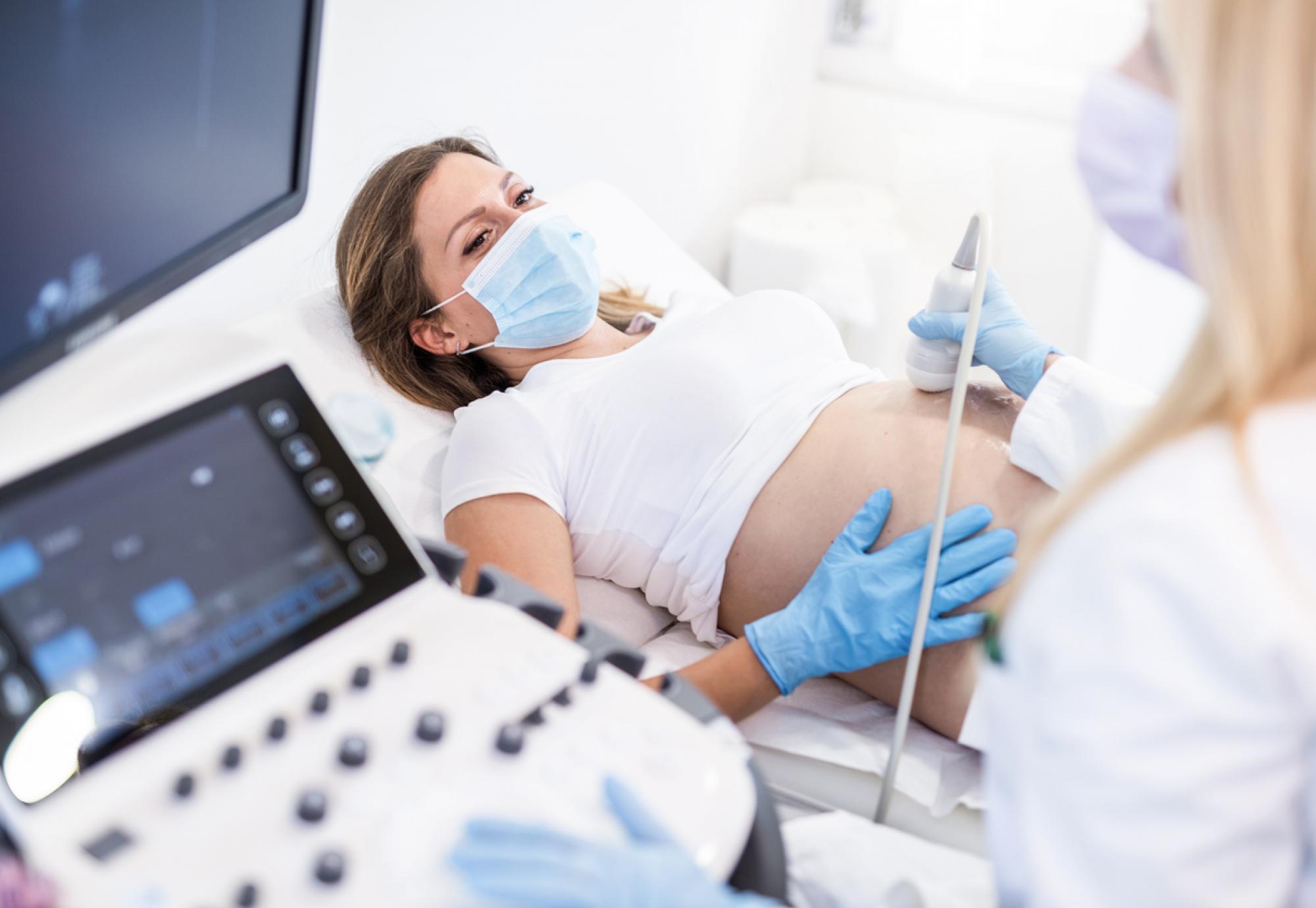Concerns have grown amongst the Royal College of Midwives (RCM), and the Royal College of Obstetricians and Gynaecologists (RCOG), ahead of the easing of restrictions across England. They have warned that this could have an impact on maternity services, where NHS trusts may not be able to operate these at full capacity if infection rates continue to increase at the current rate. Home births are one of the areas thought to be impacted, according to the organisations, with suspensions already being reported.
Some services were limited or completely suspended for certain periods during the previous waves, and there are fears this could be repeated.
The colleges are asking maternity service users, their families, and friends to continue to exercise caution around issues such as mask wearing, social distancing and hygiene, when in hospitals and maternity units.
Gill Walton, Chief Executive of the RCM, said: “Those working in maternity services are genuinely concerned that so-called Freedom Day will be seen by some as a free for all. Midwives, maternity support workers and obstetricians have worked so hard over the past 16 months to keep those using and visiting their services as safe as they can.
“The number one priority of every maternity service is to keep people safe and well, whether that’s staff or those using the service. We simply don’t want to see them overwhelmed again and be forced to cut back on some services.”
Dr Edward Morris, President of the RCOG, said: “Women need to be supported throughout their labour and birth, and it is important that a partner is involved at all stages of the maternity and postnatal journey, but it’s also vital that we keep women, their babies and maternity staff safe as Covid-19 cases rise across the country.
“Many pregnant women have still not received the vaccine, and are therefore potentially more vulnerable to serious illness from Covid-19. With restrictions being eased, we strongly encourage pregnant women to consider getting vaccinated as soon as possible, as the vaccine is the most effective way to protect women and their babies against Covid-19.
“We would encourage trusts to use innovative approaches to ensure the inclusion of partners throughout all stages of the maternity and postnatal journey, as this is essential for the health and wellbeing of pregnant women and their families.”
On the other hand, fully vaccinated frontline NHS staff and social care staff, will no longer have to self-isolate, where this would have a detrimental impact on trusts. It comes after the impact the staffing shortage placed on the NHS, as a result of close contact staff being ‘pinged’ by the app.
In response to the change for NHS staff, Danny Mortimer, Chief Executive of NHS Employers, and Deputy Chief Executive of the NHS Confederation, said: “The NHS needs all the support it can get over the summer as it responds to the dual challenge of rising cases of coronavirus alongside rising demand for its broader services. However, health leaders are divided on this particular issue of whether their staff who are double jabbed should be allowed to swap the need for self-isolation with increased testing.
“On the one hand, they are worried about their capacity to support patients safely and quickly, particularly given that many staff will already be away for parts of summer as they take overdue annual leave that is owed to them, but on the other hand, the last thing they would want to do is expose their patients and colleagues to an increased risk of catching the virus, so the need for local review and discretion here is important.”



















